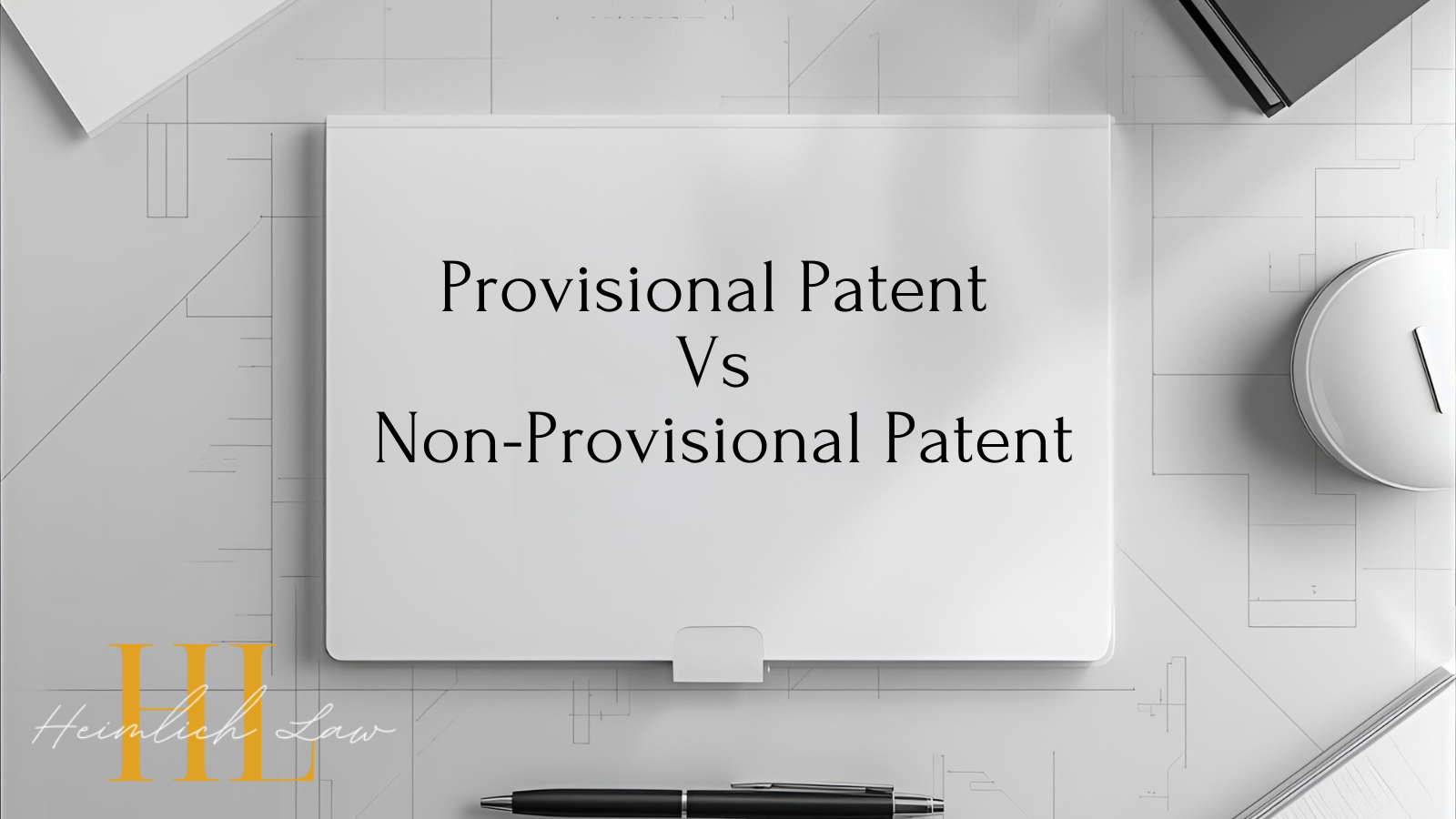San Diego, California, is more than beaches and biotech. It’s home to fast-growing startups, top research institutions, and companies pushing the limits of innovation.
But where there’s innovation, there’s risk, especially when patents are involved. If your invention is copied, or you’re suddenly facing an infringement claim, it can put your hard work and plans in jeopardy.
This blog explains how intellectual property lawyers help during patent litigation. We’ll walk through what they do, how they protect your business, and why their role matters from the start of a dispute to its resolution.
What is Patent Litigation
Patent litigation is a legal process that occurs when someone files a lawsuit claiming their patent rights have been violated, or when someone is defending themselves against such a claim. It’s more than just proving ownership; it’s about protecting the time, money, and creativity you’ve invested in your idea.
Patent litigation often overlaps with other types of intellectual property conflicts. These may include:
- Copyright Infringement – when original written, visual, or digital works are used without permission.
- Trademark Disputes – when a brand’s name, logo, or symbol is used in a way that causes confusion or dilutes its identity.
- Trade Secret Misappropriation – when confidential business information is acquired or used without consent, often by former employees or competitors.
What Happens During Patent Litigation
Patent litigation involves a series of steps where both parties present detailed arguments, submit evidence, and interpret the scope of the patent in question. Because patents often involve complex technologies, courts rely heavily on legal arguments supported by strong analysis. Each stage plays a vital role in building or challenging a case. Here’s how it usually unfolds:
1. Initiating the Legal Action
Litigation begins when the patent owner files a formal complaint in federal court. This document outlines the patent details, the accused infringement, and the remedies sought. The defendant is then served and required to respond within a set timeframe.
2. Interpreting the Patent Claims
One of the most critical early steps is claim construction, where the court determines how to interpret the language of the patent particularly the patent claims. This defines the boundaries of the invention and what protections it actually offers. These definitions often shape the direction of the entire case.
3. Asserting Defenses and Counterarguments
The accused party may challenge the claims by arguing non-infringement or by asserting that the patent is invalid. Defenses might include prior art, obviousness, or that the creation doesn’t meet patentable standards. This stage tests the strength and enforceability of the patent.
4. Gathering Evidence and Support
Discovery is where both sides collect and exchange information. This includes emails, technical documentation, product designs, and more. Witnesses may also be brought in to explain the technology or give opinions on patent validity and infringement. Their insights can be pivotal in shaping the outcome.
5. Reaching a Resolution or Proceeding to Trial
Many patent disputes settle before reaching the courtroom. Parties may negotiate a licensing deal, compensation, or another resolution. If not, the case moves to trial where a judge or jury determines the outcome. Some cases may also proceed to appeal after the trial concludes.
Because this process deals with highly technical standards, working with an intellectual property professional is essential. They ensure your claims are clear, valid, and ready for scrutiny.
Why Do You Need an Intellectual Property Attorney
This process is about building a strong case, defending your rights, and understanding every angle of the dispute. That’s exactly what an experienced intellectual property attorney offers.
These professionals bring helpful insight, strategic thinking, and technical precision. All of which you’ll need to protect your ideas.
Assessing the Strength of Your Patent
Before moving forward with litigation, your intellectual property attorney will thoroughly examine your patent. This includes checking its validity, reviewing its claims, and comparing it with similar existing patents.
The goal is to determine whether your patent can be defended in court or if there are gaps that opponents might exploit. A strong analysis helps you avoid unnecessary legal costs and gives you a clearer picture of your position before taking action.
If you’re asserting infringement then your attorney will ask to see the infringing product/service and how you came to your conclusion of infringement
If you’re being accused of infringement then your attorney will ask for the patent allegedly infringed and your product/service for comparison and analysis.
Developing a Litigation Plan
Patent disputes vary greatly from one case to another, which is why your attorney develops a strategy that fits your unique situation. This includes looking at your business objectives, the type of property you are protecting, and how courts have ruled in similar cases. With this approach, you’re better prepared for what lies ahead and can move forward with greater confidence.
Managing Patent Law’s Technical Demands
Patent litigation often involves complex inventions and industry-specific language. Your attorney works with technical specialists who can help explain the core elements of your patent.
They are especially useful in making sure the details are easy for judges or juries to understand. With a team that understands both the law and the science, your case is stronger and much more credible.
Leading Settlement Discussions and Negotiations
Sometimes it’s better to resolve a case without going to trial. In fact, many disputes are resolved through settlement. A skilled attorney can negotiate on your behalf.
A skilled intellectual property attorney knows how to negotiate favorable terms that save time, reduce costs, and protect your rights. Your attorney can handle the conversation while keeping your best interests front and center.
Representing You at Every Stage of Litigation
Your attorney stays involved at every step, guiding you through legal procedures, preparing arguments, and representing you with professionalism. This kind of support gives you peace of mind and ensures you’re never facing a complex legal battle on your own.
Patent Attorney or IP Lawyer: Who Do You Need?
You might be wondering, should you hire a patent attorney specifically, or is an intellectual property lawyer enough? The answer depends on the nature of your case.
A patent attorney is someone who’s licensed to represent clients before the U.S. Patent and Trademark Office. They have a background in science or engineering and focus on everything related to patents, like filing, prosecuting, and defending them. If your issue centers strictly on a patent, their technical knowledge and USPTO certification make them an essential asset.
Meanwhile, an intellectual property lawyer covers a wider field. They deal with trademarks, copyrights, trade secrets, and patents. This broader skill set becomes especially valuable when your legal issue involves more than just one type of protection.
Heimlich Law PC Intellectual Property Lawyers
At Heimlich Law PC, we understand the pressure and complexity that comes with protecting your ideas. Our team brings years of experience in patent litigation, with a strong focus on helping inventors, startups, and businesses across California and the nation. We don’t just know the law—we know how to apply it in ways that support your goals and strengthen your case.
Whether you’re facing a patent challenge or need protection for your innovation, our intellectual property attorneys are here to help. Get in touch with Heimlich Law PC to discuss your case and explore your options.






